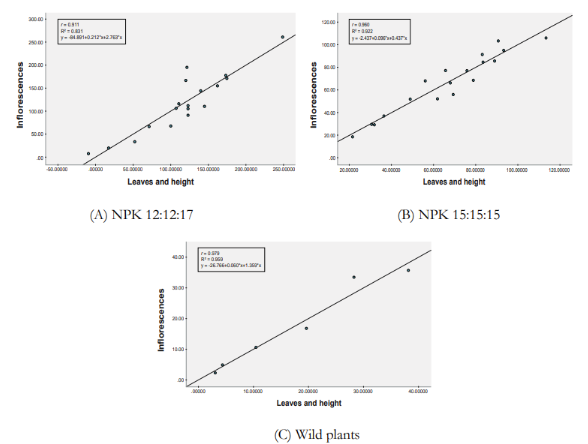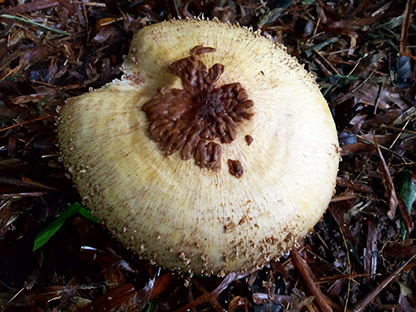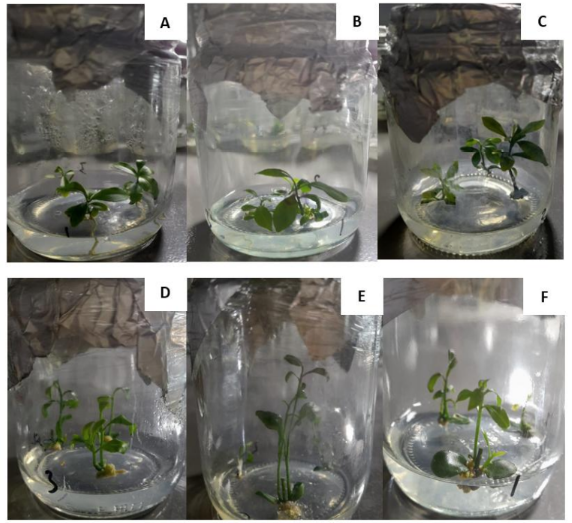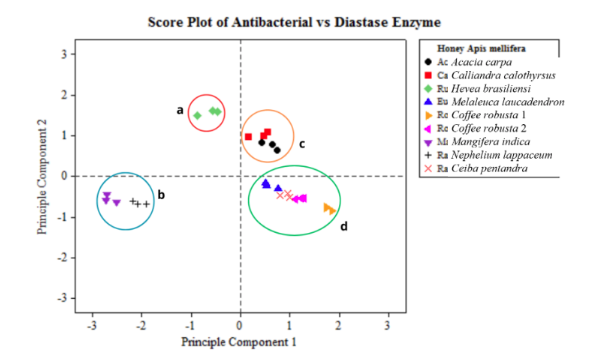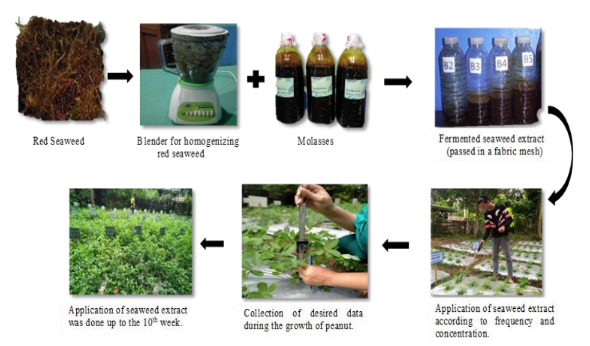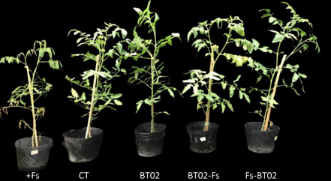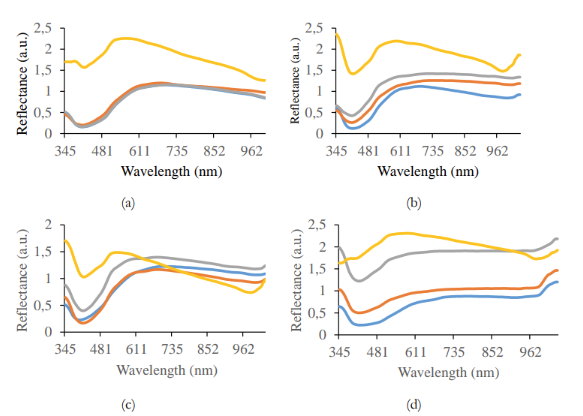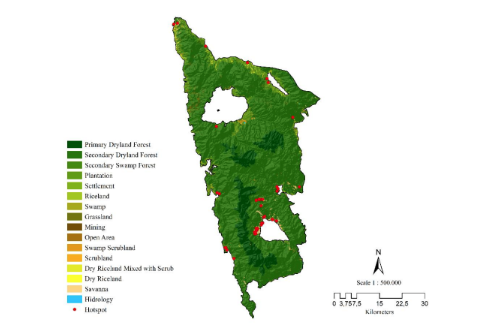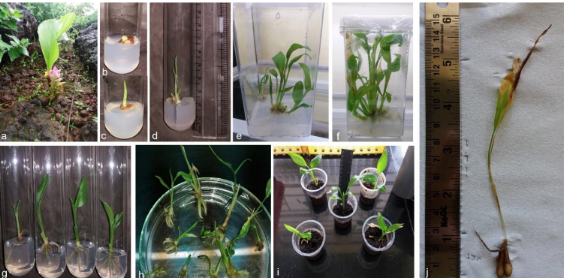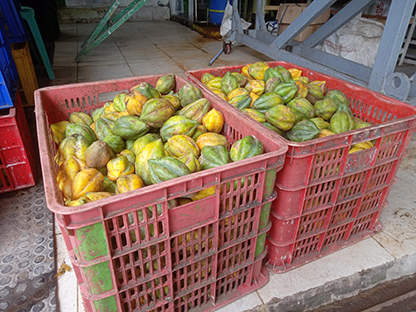Study of Herbal Topical Repellent Made of Betel Leaves (Piper betle) and Patchouli Oil (Pogostemon cablin) Mixture Against Yellow Fever Mosquito (Aedes aegypti)
Downloads
Introduction: Exploration of plants as natural repellants to avoid Aedes aegypti mosquitoes that transmit dengue virus to human is worthy. Betel vine leaves (Piper betle L.) could be used as the material of repellant.The study is aimed to test the repellency,potency, and the safety of Piper betel and patchoulli oil modified gel against Aedes aegypti mosquitoes.
Methods: This study is an experimental study and used nulliparous (3-5 days old) female Aedes aegypti. Before the study, safety test was done which consists of an irritation test. The effectivity test used five treatments: DEET gel for positive control, piper and patchouli mixture gel, piper only gel, patchouli only gel and gel base only. The five treatments were tested as a repellant with five repetitive applications. The effectiveness of Aedes aegypti’s rejection from biting the arms was analyzed using protective percentage.Â
Results: The irritation test showed no safety concerns. Protective percentage analysis shows that modified betel vine gel has estimated mean protective power of over 90% for 6 hours. The data showed that the modified gels has about the same protective percentage as the DEET (ratio: PP (Neem+piper)/PP (DEET) =0.98; 95% confidence interval 0.93, 1.04; p-value=0.50)
Conclusion Betel vine oil with modified formulation has a potential to be utilized as Aedes aegypti mosquito repellantand is safe to be used in further repellency tests.
Downloads
Authors who publish with this journal agree with the following terms:
- Authors retain copyright and grant the journal right of first publication, with the work 1 year after publication simultaneously licensed under a Creative Commons attribution-noncommerical-noderivates 4.0 International License that allows others to share, copy and redistribute the work in any medium or format, but only where the use is for non-commercial purposes and an acknowledgement of the work's authorship and initial publication in this journal is mentioned.
- Authors are able to enter into separate, additional contractual arrangements for the non-exclusive distribution of the journal's published version of the work (e.g., post it to an institutional repository or publish it in a book), with an acknowledgement of its initial publication in this journal.
- Authors are permitted and encouraged to post their work online (e.g., in institutional repositories or on their website) prior to and during the submission process, as it can lead to productive exchanges, as well as earlier and greater citation of published work (See The Effect of Open Access).









